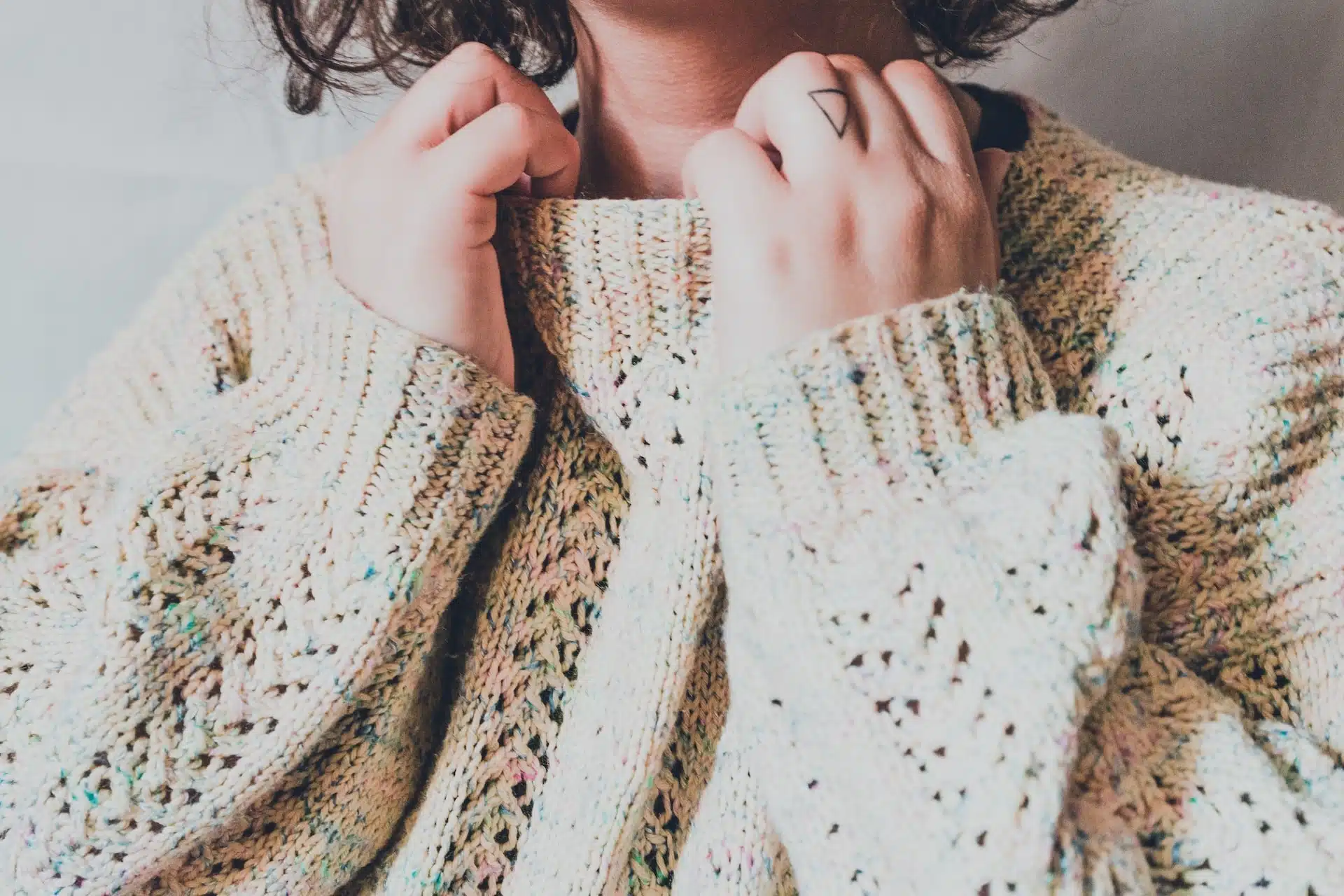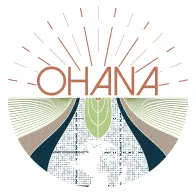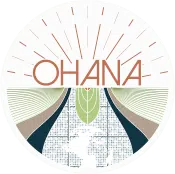
EU Textile News: Launching the ReSet the Trend Campaign and the Latest on the Textile Strategy
#ReFashionNow – that’s the motto of the EU’s new campaign to raise awareness about sustainable fashion.
Known for its heavy environmental impact, the European textile industry is once again the target of the EU Commission’s efforts in advancing the block’s green transition. In this article, we will explain the details of the newly launched ReSet the Trend campaign, and bring you the latest updates from Brussels regarding the EU Strategy for Sustainable and Circular Textiles.
Want someone with deep experience and connections in the EU to help guide your sustainability strategy? Get in touch!
Contextualising the #ReFashionNow Movement
Although a number of industry players have already been proactively addressing the subject of sustainability, there are still several which have not. Many will have likely only started to realise the gap between their current operational standards and those of the EU’s green vision after the publishing of the EU Strategy for Sustainable and Circular Textiles, in March 2022.
Securing that textile businesses improve their practices is absolutely critical to the success of the Green Deal. As mentioned in the EU Sustainable Textiles Strategy, players from that sector fall under the scope of many non-industry-specific policies, such as the EU Chemicals Framework, the Ecodesign for Sustainable Products Regulation (ESPR), and the EU Microplastics Regulation. We advise you to take a closer look at this analysis of EU climate policy as a step in your climate strategy development process, to make sure you are not missing out on any EU ambition.
Having worked on covering so many bases to control the impacts of textile businesses, the EU Commission now wishes to get other highly relevant stakeholders behind the cause of sustainable fashion. Enter: the EU ReSet the Trend campaign with its call to #ReFashionNow.
What is the ReSet the Trend Campaign?
According to the European Environmental Agency, the consumption of clothing, footwear and household textiles in the European Union is the fourth largest cause of environmental pressures after food, housing and transport. That is only one of the alarming findings that justify Brussels’ intense focus on textiles when it comes to sustainability legislation. At the same time, the EU Commission has chosen an inspirational approach for its new ReSet the Trend campaign.
The Scope
Through a new website available in twenty-four different languages, the EU Commission has launched ReSet the Trend, a campaign calling on Europeans from all member states to join the effort of slowing down fashion.
Under the hashtag #ReFashionNow, the campaign, aimed specifically at 18 to 35-year-old youth professionals, young parents and students, hopes to achieve the following goals:
- To raise awareness about the EU Strategy for Sustainable and Circular Textiles, highlighting its positive impacts on society, the economy and the environment;
- To showcase the textile sector’s potential in saving water, energy and other resources, as well as in addressing pollution issues;
- To position the Strategy as a critical measure in the face of multiple crises, including the natural resource and cost-of-living crises;
- To engage citizens in making fast fashion a thing of the past.
As tools for spreading the word about the sustainable fashion movement, the Commission has put forward a number of digital assets, including a set of short informative videos, editable social media templates and Instagram filters, which can be used by the general public. Apart from this individual engagement approach, the institution will also rely on collaborations with digital influencers and has put out a call for inspirational stories from European businesses, institutions and individuals who are leading the change and realising the EU Textiles Strategy’s vision.
The Campaign Launch
Despite being a predominantly digital campaign, two different live events were organised to mark the launching of the #ReFashionNow movement. The first event, named the Youth Policy Dialogue, was held in Brussels on January 25th, and conducted by Virginijus Sinkevičius. Sinkevičius, who is currently the EU’s Commissioner for the Environment, Oceans and Fisheries made the following statement when talking about the relevance of the ReSet the Trend campaign:
“The world is changing. Producing, using, and then throwing things away is old-fashioned. In our world, it no longer makes economic sense. It’s harming the planet and our health. That’s why Europe has a new strategy for textiles. We want to be part of the solution. We have one goal: that in the long-term only the most sustainable products will reach the market here in Europe. We want everyone to be part of that change and to ReSet the Trend.”
The second and much larger event was held in Antwerp the very next day, January 26th. During this part of the campaign launch, the idea was to bring stakeholders together to exchange views on the environmental challenges faced by the EU and to discuss how each one can collaborate in accelerating the implementation of the EU Strategy for Sustainable and Circular Textiles. Students from several member states, textile and fashion industry representatives, sustainability experts, policy-makers, designers and other young professionals from those sectors, also all came together in sharing the best sustainable fashion practices in Europe.
An Update on EU Strategy for Sustainable and Circular Textiles
As a fundamental piece of the EU’s sustainability goals, the EU Strategy for Sustainable and Circular Textiles has continuously been a subject of debate among environmental experts and legislators.
This past January, MEP Delara Burkhardt (S&D, Germany) presented her own report on the subject of the Textile Strategy to the European Parliament’s Committee on Environment, making a number of compelling points. In her report, MEP Burkhardt calls for the following improvements, among others:
- For the EU to adopt a leadership role, by guaranteeing high environmental and human rights standards when it comes to the production of textiles, and that the new proposal on an Ecodesign Regulation could be key to ensuring that fashion is not produced at the cost of environmental destruction;
- For the adoption of requirements that prevent the destruction of unsold clothes and guarantee that only textiles meeting a minimum sustainability standard should be imported or produced in the EU;
- The need for binding rules to support the reduction of the textile industry’s carbon footprint.
Overall, Burkhardt’s report was well received by the members of the EU Parliament, who particularly welcomed the document’s focus on the subject of microplastics, while stressing the need for further research on the issue of microfibres. They also reinforced the need to consider the importance of the textile sector for employment, innovation and global standing, and called on the Commission to ensure an achievable transition for consumers and industry members alike.
According to MEPs, matters such as animal welfare, chemicals, employment conditions for women and the use of new sustainable textiles should all be part of the EU Strategy, as well as clarified definitions of fast fashion.
Want someone with deep experience and connections in the EU to help guide your sustainability strategy? Get in touch!
Join our newsletter to keep up to date with the latest news and information coming out of the EU.


